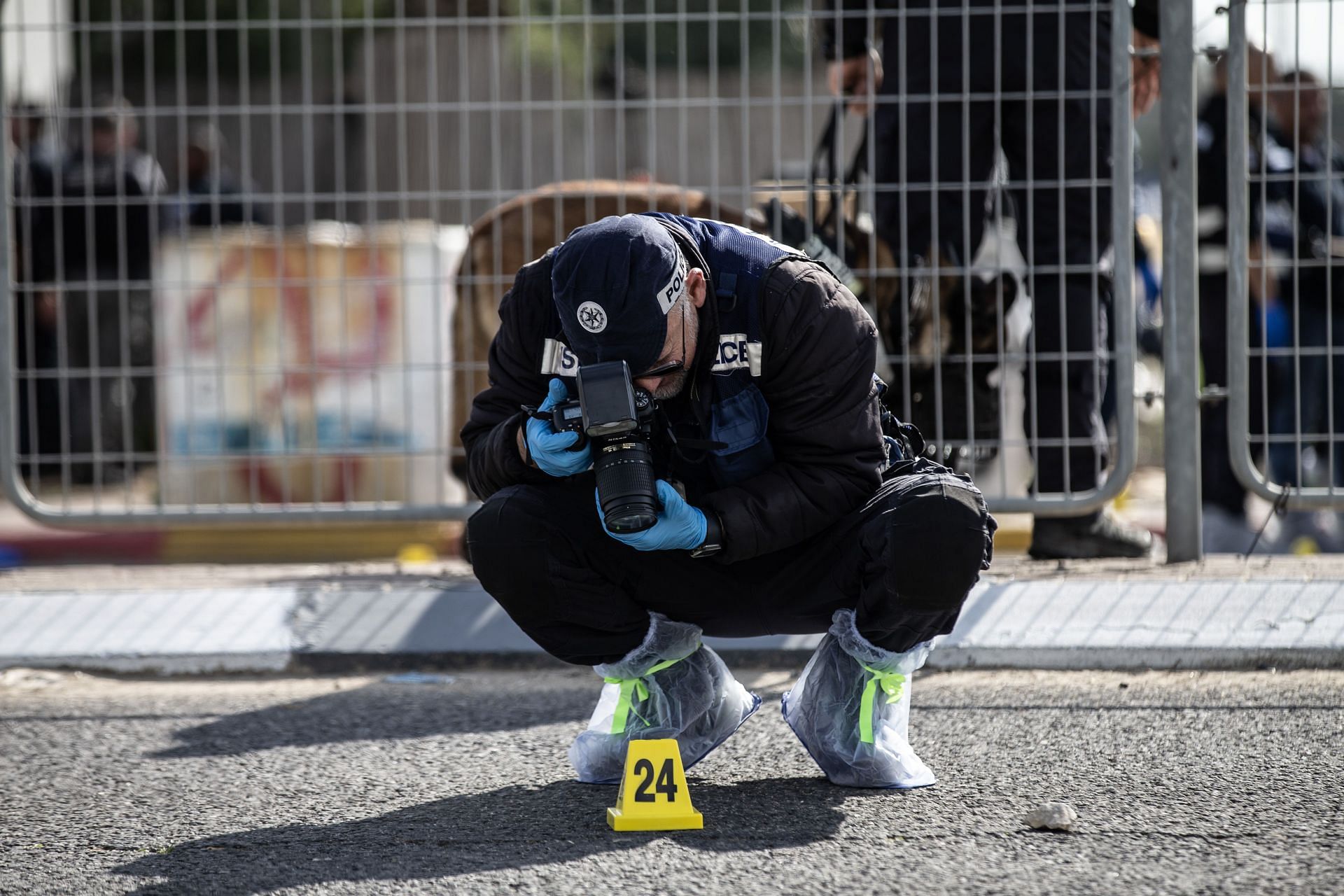Catina Salarno’s murder: A complete timeline of events

In 1979, Catina Salarno’s life was cut short just as she began pursuing her dreams at the University of the Pacific. The 18-year-old, who had recently ended her relationship with high school boyfriend Steven Burns, was hoping for a fresh start.
On her first day of college, Burns showed up uninvited and requested a final meeting, as per a CBS News report dated May 2, 2025. That night, after she declined to reconcile, he shot her in the back of the head, leaving her to die. Burns was later found guilty of second-degree murder and given a sentence of 17 years to life.
He remains incarcerated at Valley State Prison after repeatedly being denied parole, most recently in January 2025, as noted in a San Joaquin County District Attorney press release dated January 10, 2025.
The case, which sparked a lasting victims' rights movement led by Catina Salarno’s family, will be revisited in 48 Hours on CBS through the episode The Boy Across the Street, airing May 3, 2025.
How Catina Salarno’s murder unfolded, timeline explored
In September 1979, 18-year-old Catina Salarno arrived at the University of the Pacific in Stockton, California, ready to start her freshman year and pursue a career in dentistry.
She had recently ended her relationship with Steven Burns, her high school boyfriend who lived across the street from her family in San Francisco. Despite the breakup, Burns struggled to move on and unexpectedly appeared on campus during her first day, as per a CBS News report dated May 2, 2025.
That afternoon, Burns asked Catina to meet later. Though hesitant, she agreed, hoping it would bring closure. As per CBS News, her roommate Joanne Marks recalled:
"She was not looking forward to meeting with him, but she was looking forward to it being the last time"
At around 8 p.m., Catina Salarno met Burns at a secluded part of campus. Their conversation quickly escalated into a confrontation. After Catina rejected him, Burns used a stolen gun to shoot her in the back of the head.
Catina Salarno was found hours later, still alive but critically injured. She had visible scratches, suggesting she tried to get help. She passed away shortly after midnight. Burns, meanwhile, returned to his dorm room and watched television while she lay dying outside.
After his arrest, Burns was found guilty of second-degree murder in 1980 and received a 17-year-to-life sentence. During the trial, Catina’s family learned that Burns had stolen the gun from their family business and had followed Catina to college after she ended the relationship.
The aftermath and the family’s pursuit of justice
The murder had a lasting impact on the Salarno family. Catina’s mother, Harriet Salarno, later co-founded Crime Victims United of California to champion victims' rights. As highlighted in an AP News report from July 14, 2016, she reflected on the case, stating:
"It just was very apparent to our family that our system was so lopsided."
Her youngest daughter, Nina Salarno, was just 14 at the time but eventually became a prosecutor, dedicating her career to domestic violence cases.
Steven Burns’ parole hearings began in the 1990s. At each hearing, Catina’s family, with support from local prosecutors, strongly opposed his release. In January 2025, parole was denied for the 13th time. According to the San Joaquin County press release dated January 10, 2025, authorities labelled him as:
"An unreasonable safety concern for the community."
How did Catina Salarno’s story shape parole policy and victim rights?
The tragedy served as a catalyst for change. Harriet Salarno advocated for legislative reforms, including Marsy’s Law in 2008, which aimed to strengthen victims' rights. Nina continued to speak publicly, highlighting potential dangers associated with the end of a relationship in domestic violence cases.
She told 48 Hours on CBS:
"Once they make that break, you've gotta make that break. Don't go meet them by yourself."
Burns' repeated parole denials reflect not only the severity of the crime but the continued opposition from Catina Salarno’s family, who persist in advocating for justice in her memory.
Stay tuned for more updates.




